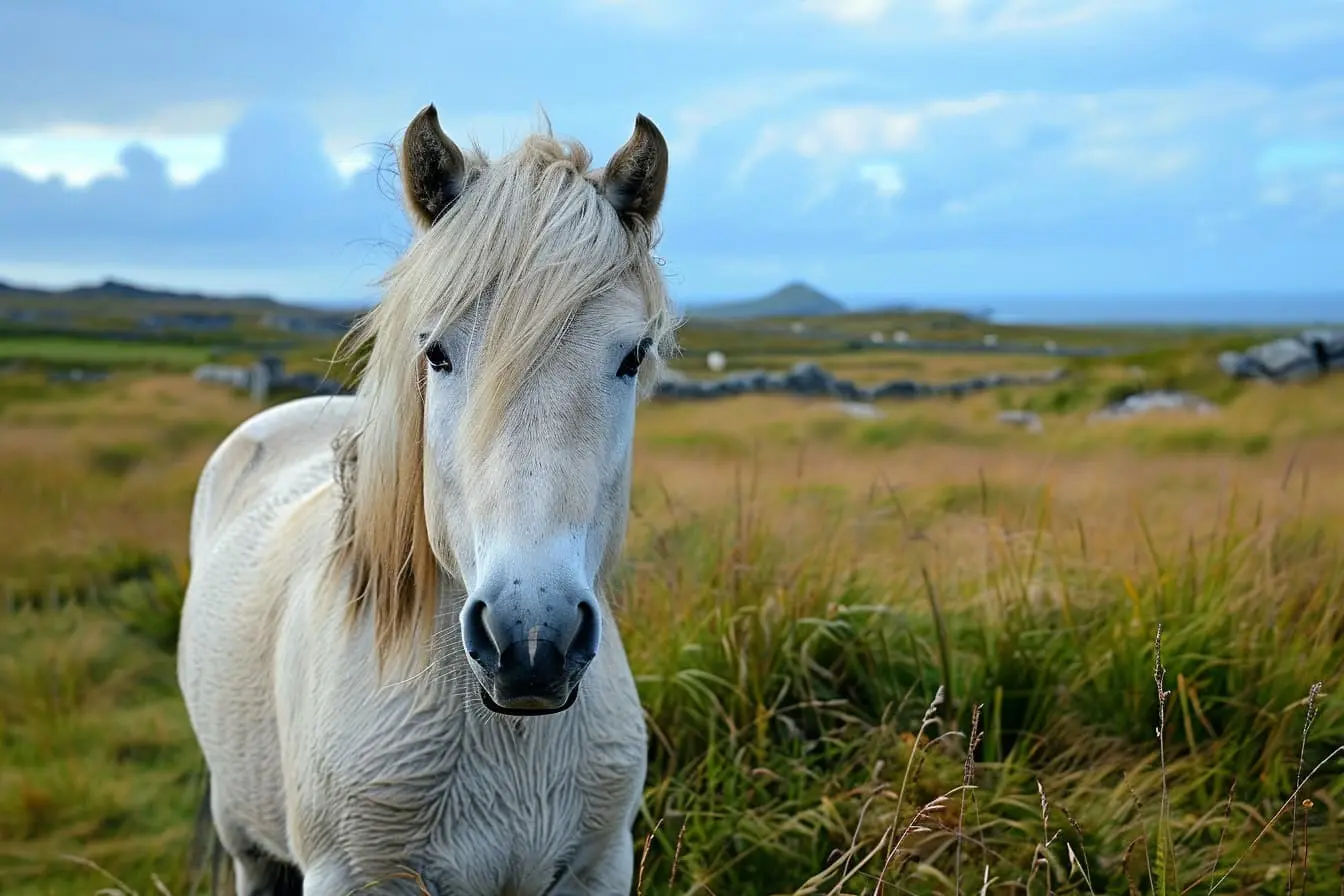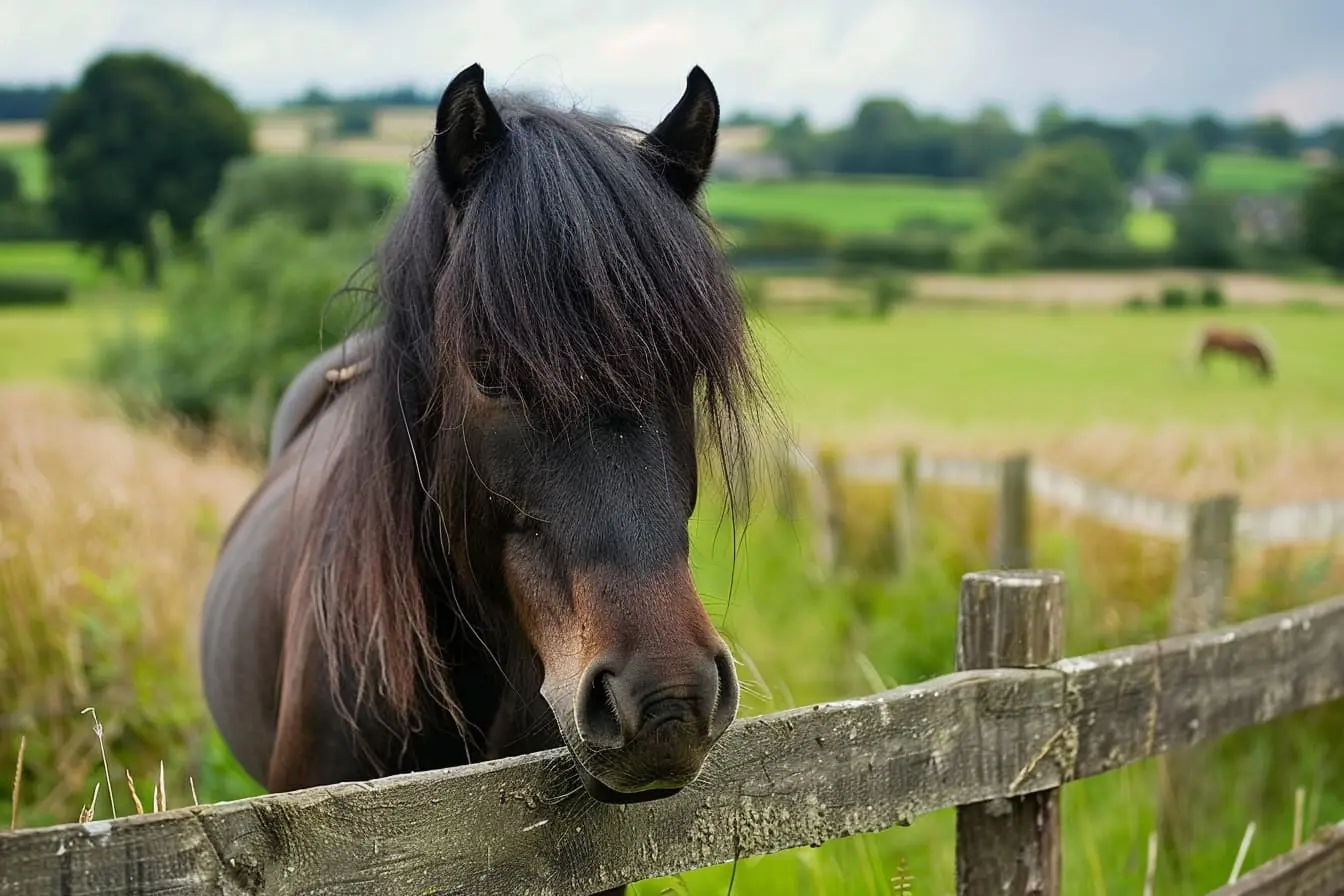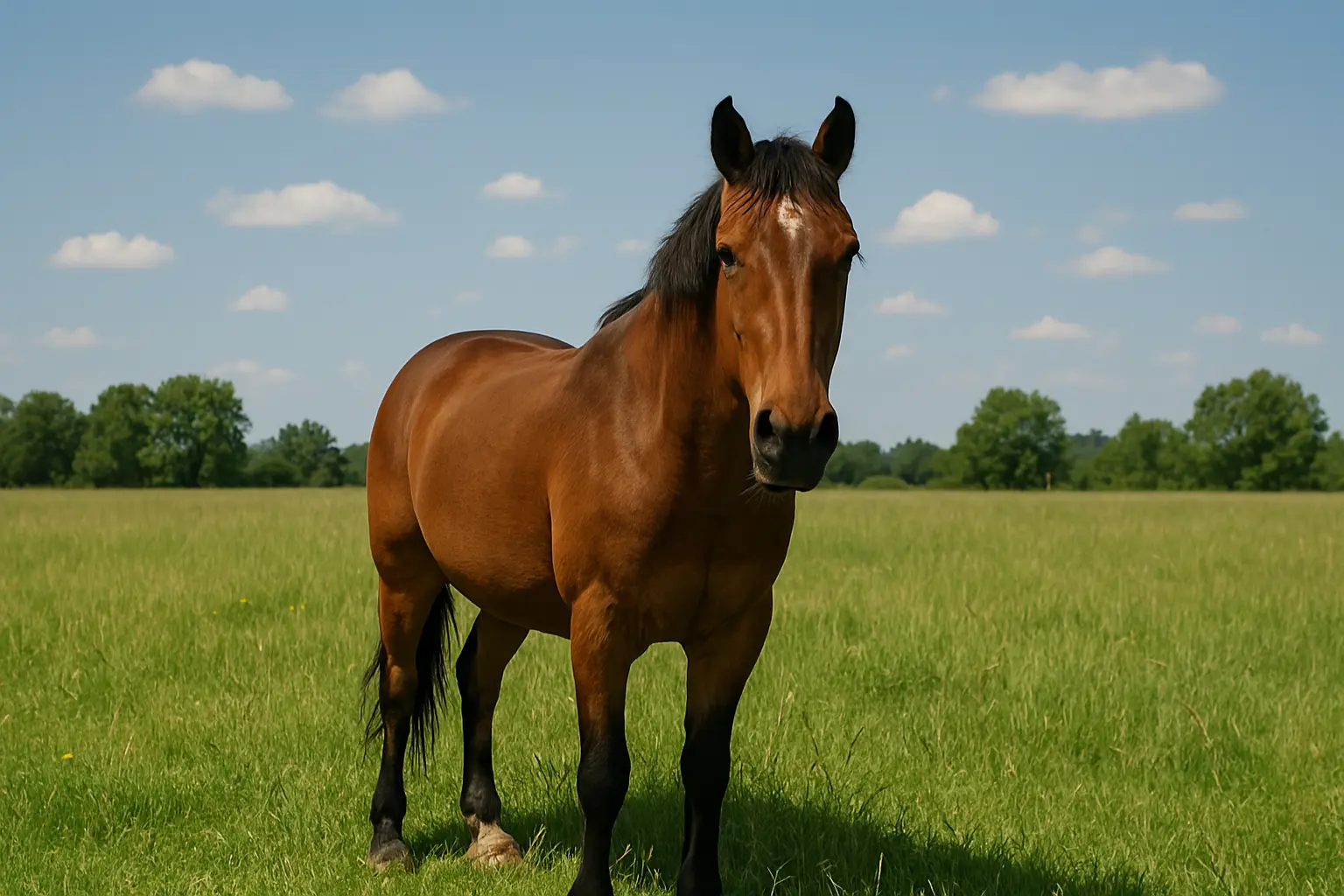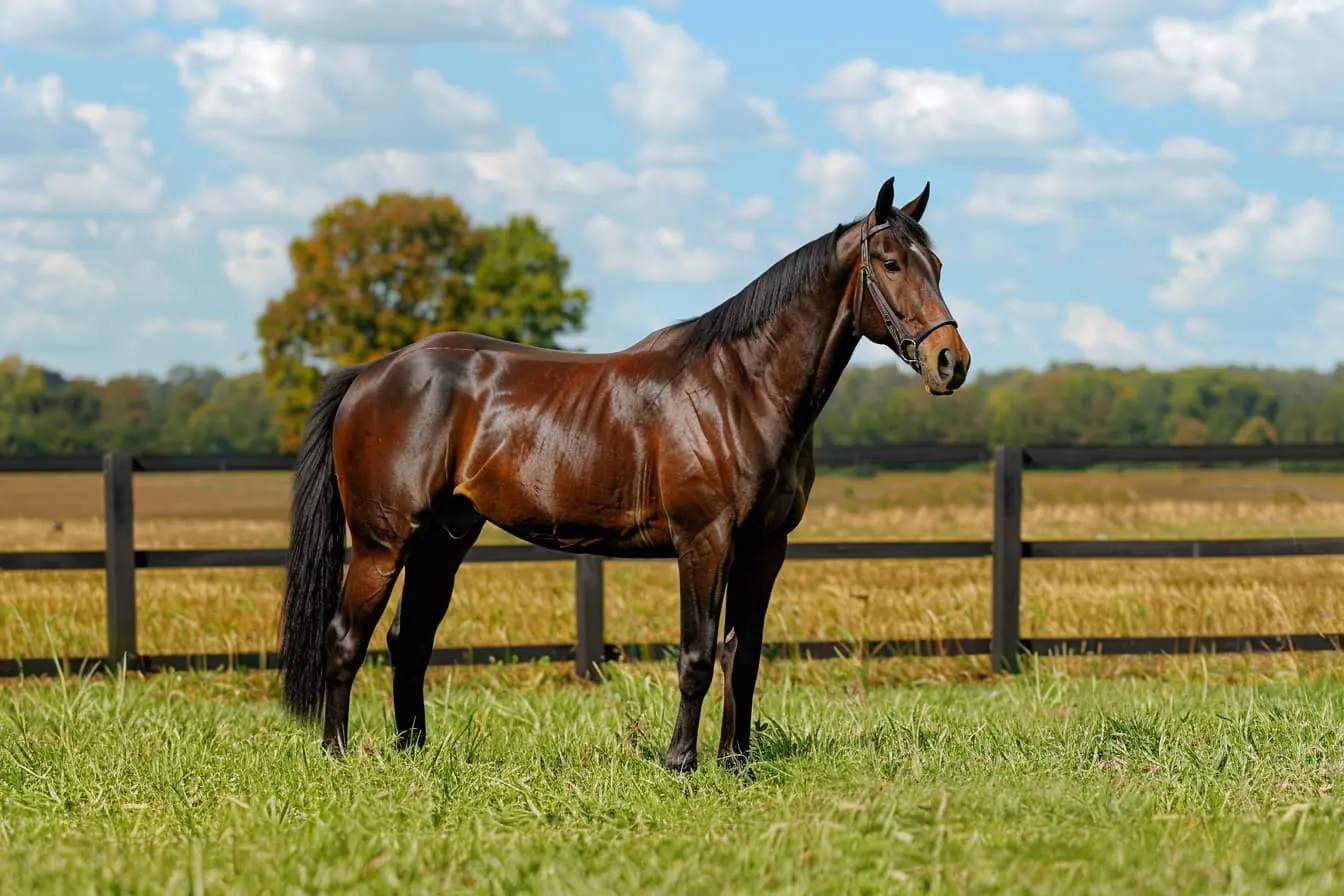
Finding the Perfect Home for Your Horse: A Guide for New Owners in the UK
Welcoming a horse into your life is an exhilarating experience, brimming with responsibilities and rewards. One of the primary considerations for new horse owners is determining the most suitable living environment for their new equine companion. In the UK, with its diverse landscapes and weather conditions, selecting the right home for your horse is pivotal to its well-being, happiness, and health. This guide aims to illuminate the key aspects to consider when deciding where your horse should live.
Understanding Your Options
Stabling
Pros: Stables offer protection from the elements, making them particularly appealing during the UK's colder, wetter months. They facilitate easier management of your horse's diet, health, and hygiene. Stables are essential for horses that require medical isolation or specialised care.
Cons: Horses are inherently social and active animals. Prolonged confinement can lead to boredom and stress, potentially manifesting in behavioural issues. Regular exercise and social interaction become critical components of their daily routine.
Grazing Fields
Pros: Grazing in fields allows horses to exhibit natural behaviours, providing ample space for movement and social interaction with other horses. This option contributes positively to their mental and physical health, offering a more natural lifestyle.
Cons: Weather conditions can significantly impact the suitability of field living. Wet, muddy fields can lead to hoof problems, such as thrush. During winter, additional feed supplements are often necessary as grass quality diminishes.
Livery Yards
Pros: Livery yards offer a community for both horse and owner. They range from DIY to full livery, accommodating various needs and budgets. Facilities often include arenas, trails, and sometimes indoor schools, making training and exercise convenient.
Cons: Costs can vary widely, and the level of care and facilities available will differ from one yard to another. It’s essential to research and visit several yards to find the best fit for your horse's needs and your expectations.
Key Considerations
When choosing the best living environment for your horse, consider the following factors:
Your Horse’s Breed and Temperament
Some breeds are hardier and more suited to outdoor living, while others may require the shelter and warmth provided by stables. Understanding your horse's breed characteristics and personal temperament is crucial.
Your Lifestyle and Commitment
Your ability to provide daily care, exercise, and companionship will influence your decision. If your time is limited, a livery yard with a full livery option might be the best choice.
Financial Considerations
The cost of keeping a horse varies significantly depending on the type of accommodation and the level of care required. Ensure you have a clear understanding of all potential costs before making a decision.
Location and Accessibility
Consider the proximity of the living arrangement to your home. Ease of access is essential for regular visits, care, and in case of emergencies.
Conclusion
The decision of where your horse should live is a significant one, influenced by various factors including the horse's needs, your lifestyle, and financial considerations. Whether opting for stabling, field living, or a livery yard, it's imperative to ensure that your horse receives the care, companionship, and exercise it needs to thrive. Visiting potential homes, seeking advice from experienced horse owners, and considering the long-term commitment are all essential steps in making an informed decision. By prioritising the well-being of your horse, you lay the foundation for a rewarding and enduring partnership.
Tags
Vets near you
Speciality vets
- Aquatics vet specialists
- Birds vet specialists
- Camelids vet specialists
- Cats vet specialists
- Cattle vet specialists
- Deer vet specialists
- Dogs vet specialists
- Equines vet specialists
- Exotic vet specialists
- Goats vet specialists
- Pigs vet specialists
- Poultry vet specialists
- Sheep vet specialists
- Small Mammals vet specialists
- Wild vet specialists
Vet facilities
- Accessible by public transport
- Blood testing
- Car park nearby
- Client car park
- Dentistry
- Diagnostic imaging
- Disabled public access
- Flea and worm treatments
- Microchipping
- Mobile services
- Neutering
- Open at weekends
- Out-of-hours service
- Referral interests
- Referrals only
- Street parking outside
- Toilets available
- Vaccinations



